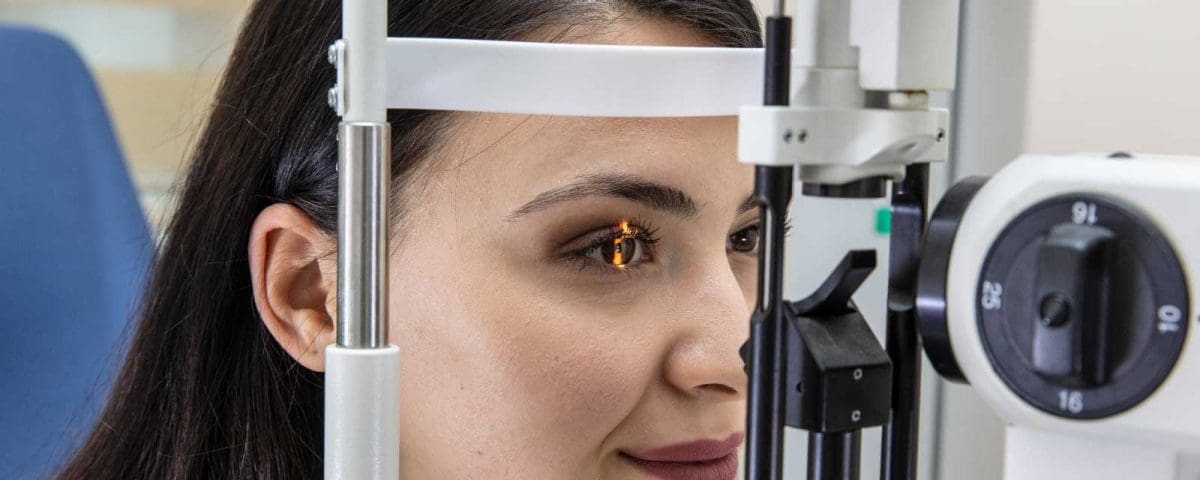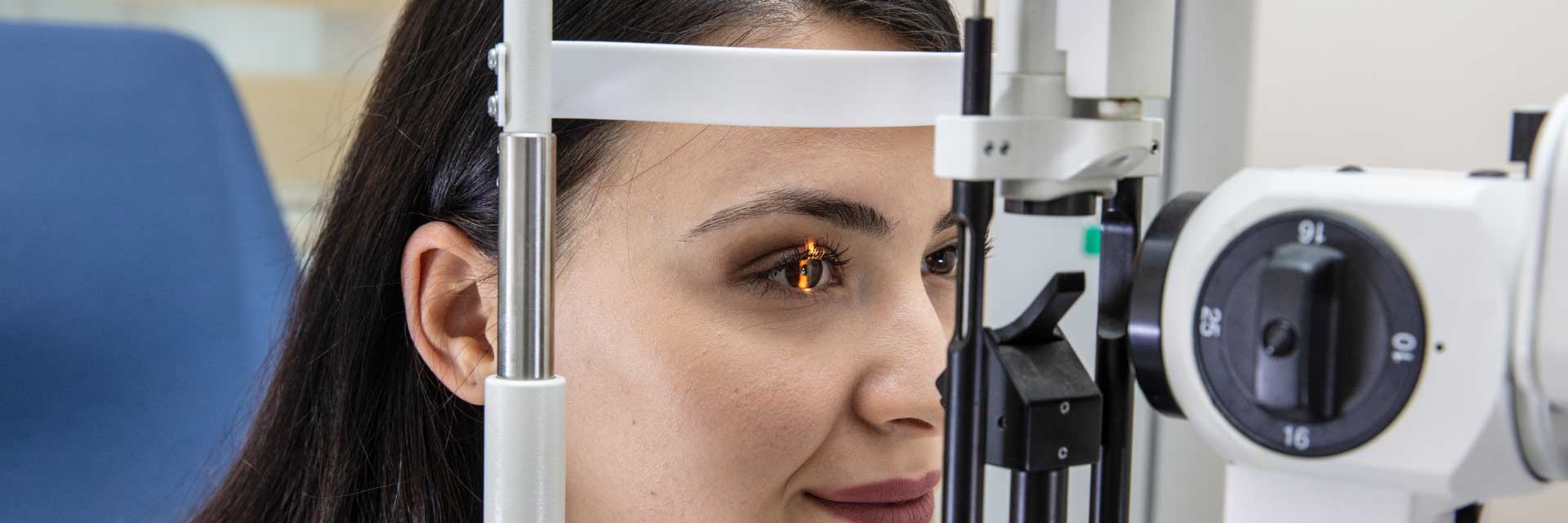


Poor fitting contact lenses?
July 7, 2023


What is Myopia?
July 27, 2023



I Was Told That My Cornea Is Shaped Like a Cone and Ordinary Contacts or Glasses Won’t Give Me Clear Vision
If you were told that your cornea is shaped like a cone and ordinary contacts or glasses won’t clear your vision, you may have a disorder called Keratoconus. You may have of Keratoconus or seen some pictures in your optometrist’s waiting area. Even though it may not be well-known, a surprising number of people are affected by Keratoconus (nearly 1 in every 450 amongst certain groups). So what makes this disorder so challenging? And what should you do next if you have it? Let’s take a deeper look.
What Is Keratoconus, And What Are Its Effects?
Its name comes from the Greek word ‘keras,’ which means cornea, and the Latin word ‘conus,’ meaning cone. It is the perfect description of this disorder. Patients with Keratoconus develop a weaker and thinner cornea – the transparent layer in front of the eye. It generally causes the cornea to change shape and bulge outwards like a cone.
You might notice light sources getting haloed or streaky. As a result of this distortion, it changes the way light enters your eyes, leading to several different problems like vision blur, especially from a distance. Your eyes might also become sensitive to bright lights at night as the pupils dilate. Some individuals also develop ghosting of images and double vision.
Primary Causes of Keratoconus
Keratoconus is biologically thought to be caused by low levels of antioxidants, which help neutralize all the toxins in our eyes. Since the collagen fibers have less protection, they weaken over time. Though no one knows for sure, professionals believe genetics plays a part in causing Keratoconus. It might run in your family and is strongly linked to allergic diseases such as hay fever, eczema, and asthma.
Keratoconus does not result in complete blindness. However, it can become worse over time, leading to legal blindness (visual impairment, which requires special assistance). Therefore, patients must be aware of early signs of Keratoconus and get their eyes checked. It is a condition that’s not unusual among younger people and usually starts in the initial teens or twenties and continues to progress until the thirties. It means that the condition affects individuals as they begin to tackle the most significant parts of their lives, like learning to drive, taking exams, or looking for a first job.
Signs That Suggest You Have Keratoconus
The primary signs that suggest you might have Keratoconus would be an increased sensitivity to lights and blurred vision. Dr. Ramachandaran at Maxivision Eye Care can diagnose if you have Keratoconus. Thanks to modern-day technology, we can quickly help you detect Keratoconus at an early stage and begin your treatment. If you have been diagnosed with Keratoconus, you must avoid rubbing your eyes. Since the cornea is quite flexible, rubbing could break down cross-links and increase instability. Rubbing your eyes may also increase the risk of infection to your already-weakened cornea or introduce particles into your eye.
What Should Be Your Next Step?
The answer to this question will depend on your unique case. During the early stages, our experts from Maxivision Eye Care will use professional assessments to note all the changes in your eyes. They might also recommend you wear spectacles, moving to well-fitted RGP lenses as your condition progresses. However, these solutions don’t help us cure Keratoconus. If we notice your situation is only getting worse, we will speak with you regarding other treatment options.
Contact Maxivision Eye Care to Explore All Your Treatment Options!
If you, or anyone you know, are dealing with symptoms of Keratoconus, we suggest a consultation with Maxivision Eye Care and seek a medical diagnosis and proper treatment. Schedule a comprehensive eye test and get a quick diagnosis. Depending on your condition, Dr. Ramachandaran will tell you everything you need to know about your treatment. Call us at 603-904-1960 to book your visit today!
